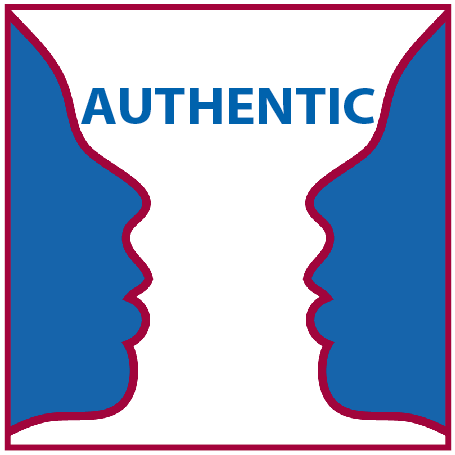
Traditional approaches view leadership as a series of competencies to be learnt and developed. Whereas authentic leaders rely on being themselves and being responsive to the people and situations they encounter. Here’s a comparison of traditional and authentic leadership.
Authentic
The dictionary defines authentic as having “undisputed origins”. As a leader, this means that your actions are consistent with a common source. And, that common source is you and your sense of self. It’s demonstrated by a coherence between your words and your deeds.
Traditional Versus Authentic
Traditional Leader
- Strong psychological bias that aims to identify the characteristics of leaders
- Leadership qualities are inherent to the individual
- Ongoing search for the Leadership Recipe
- Does not consider the changing leadership context
- Compare yourself to list of competencies and improve your weaknesses
- Learn by imitating other leaders
- Excessive focus on inner drives of the leader – emotional intelligence
- Knowing yourself is important and not enough
Authentic Leader
- There are no universal leadership characteristics
- Leadership is something we do with other people
- Identify and deploy your own personal leadership assets
- Leadership fits the context
- Leadership is a relationship between the leader and the led
- Effective leaders have an over-arching sense of purpose, with sufficient self-knowledge.
- Effective leaders don’t know it all and they do know enough.
Derived from the Book Rapper issue: Authentic.
Next in this series: Three Leadership Axioms



